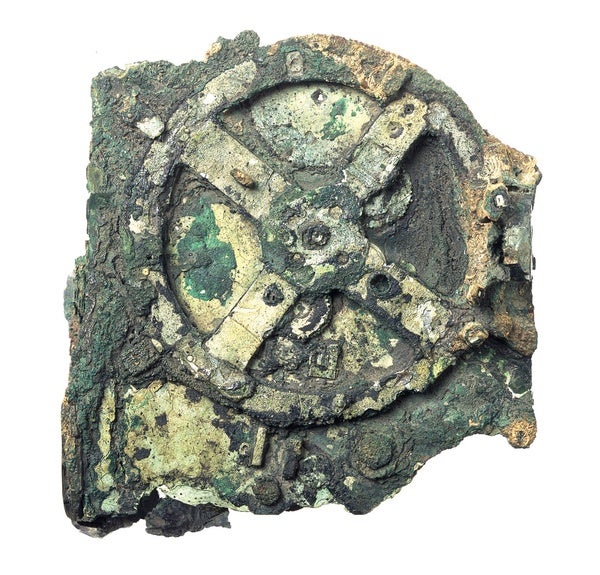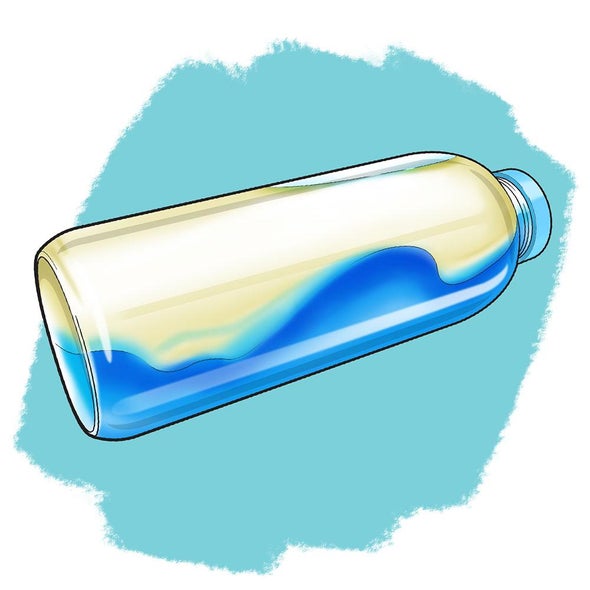 |
| January 07, 2022 |
 |
| |
| |
| |
| |
| |
| Pharmaceuticals Preparing for the Next Plague SARS-CoV-2 adds impetus to the race for broad-spectrum countermeasures against future global infectious scourges | | By Laura DeFrancesco,Nature Biotechnology | | | |
| |
| |
| |
| |
| |
| Space Exploration What Is a Lagrange Point? NASA's James Webb Space Telescope will travel to a special spot where the gravity from Earth and the sun is balanced | | By Clara Moskowitz,Matthew Twombly | | | |
FROM THE STORE
 | | | |
| |
BRING SCIENCE HOME
 | | Waves in Slow Motion |  How do waves work? You will be able to see for yourself with this fun, slow-motion science activity. Catch a wave! Credit: George Retseck | Have you ever noticed seagulls bobbing up and down on the ocean? You might have also seen surfers catch a wave that takes them to shore. Maybe you have floated on a lake, going up and down as a wave passed by. Or perhaps you have seen debris, such as driftwood, that has been washed up by waves. Water waves are fascinating—they come in all sizes, from a tiny ripple to monster waves that are 10 meters high. You have seen them but do you know what drives them—and how they move across oceans and seas? In this activity you will bring the ocean home and make waves in a bottle. You will also sharpen your observation skills and find out why some waves are slow and others are fast. | |  | |
LATEST ISSUES
 |
| |
| Questions? Comments?  | |
| Download the Scientific American App |
| |
| |




